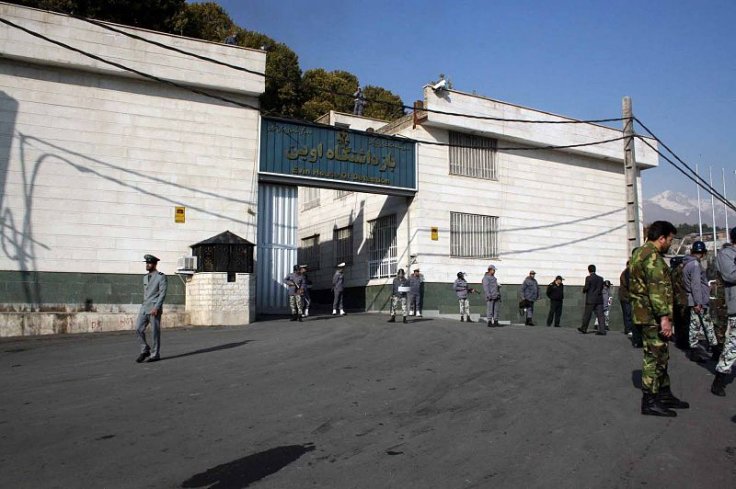A premeditated jailbreak attempt at Tehran's notorious Evin prison caused a major fire on Saturday night, in which eight prisoners were killed and 61 injured. An Iranian security official said "thugs set fire to the warehouse" of the prison clothing.
Iranian state media IRNA said the prisoners died of smoke inhalation. The fire was extinguished after several hours. No prisoner escaped.

Prisoners Started the Fire
Mohsen Mansouri, the governor of Tehran, said the fire was started by prisoners. It was nothing to do with Iran's ongoing protests against the country's morality police and hijab laws.
The Islamic Revolutionary Guard Corps' news agency Fars stated that the fire was started in a clothing warehouse and that inmates had prepared weapons which they used to attempt a breakout. It highlighted that some prisoners tried to escape in the middle of the fire and the conflict with the security forces. "They entered the minefield on the north side of the prison, where there is a mountain."
Mansouri said the situation of the prison is now completely under control and peace is being maintained in the prison complex. He added that the streets around the prison are being monitored and under control.
Prison Fire a Conspiracy
Iranian journalists on social media accused the authorities of setting the prison ablaze intentionally as a high profile political prisoner was sent home before it broke out. They say Mehdi Hashemi Rafsanjani, the son of Iran's late former president Akbar Hashemi Rafsanjani, was given an early temporary release.
Gunshots and explosions were also heard, which prompted rights groups to raise grave fears for the fate of the inmates. But authorities said the explosions were because of mines going off after a prison break. Families of the prisoners have raised concerns that they were not able to contact their relatives on the phone and that the internet connection around the prison had also been cut off.

Evin Not An Ordinary Prison
The Evin prison holds thousands of people, including people convicted of various crimes, political prisoners and dual nationals which Iran uses as leverage against western countries. Human Rights Watch has long accused authorities at the prison of using threats of torture and of indefinite imprisonment, as well as lengthy interrogations and denial of medical care for detainees.
It should be noted that British-Iranian dual nationals Nazanin Zaghari-Ratcliffe and Anoosheh Ashoori were both held at Evin prison for several years on spying charges before they were released earlier this year. Ashoori said he used to call the Evin prison "the valley of hell". "So you can imagine the situation there is really dark. Medical care is next to zero. They are living with bedbugs, cockroaches and rats, you name it." Jason Rezaian, a journalist, had spent 544 days incarcerated in the prison. He tweeted that Evin is no ordinary prison. "Many of Iran's best and brightest have spent long stretches confined there, where brave women and men are denied their basic rights for speaking truth to power." Rezaian said the regime is responsible for what happens to those inside the prison.








